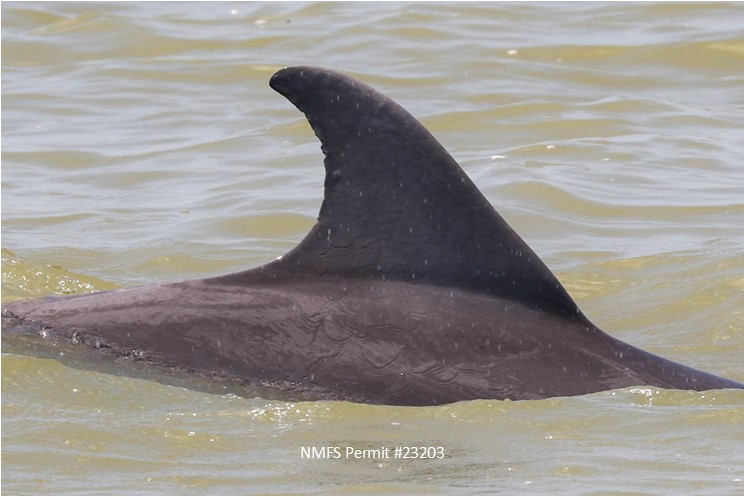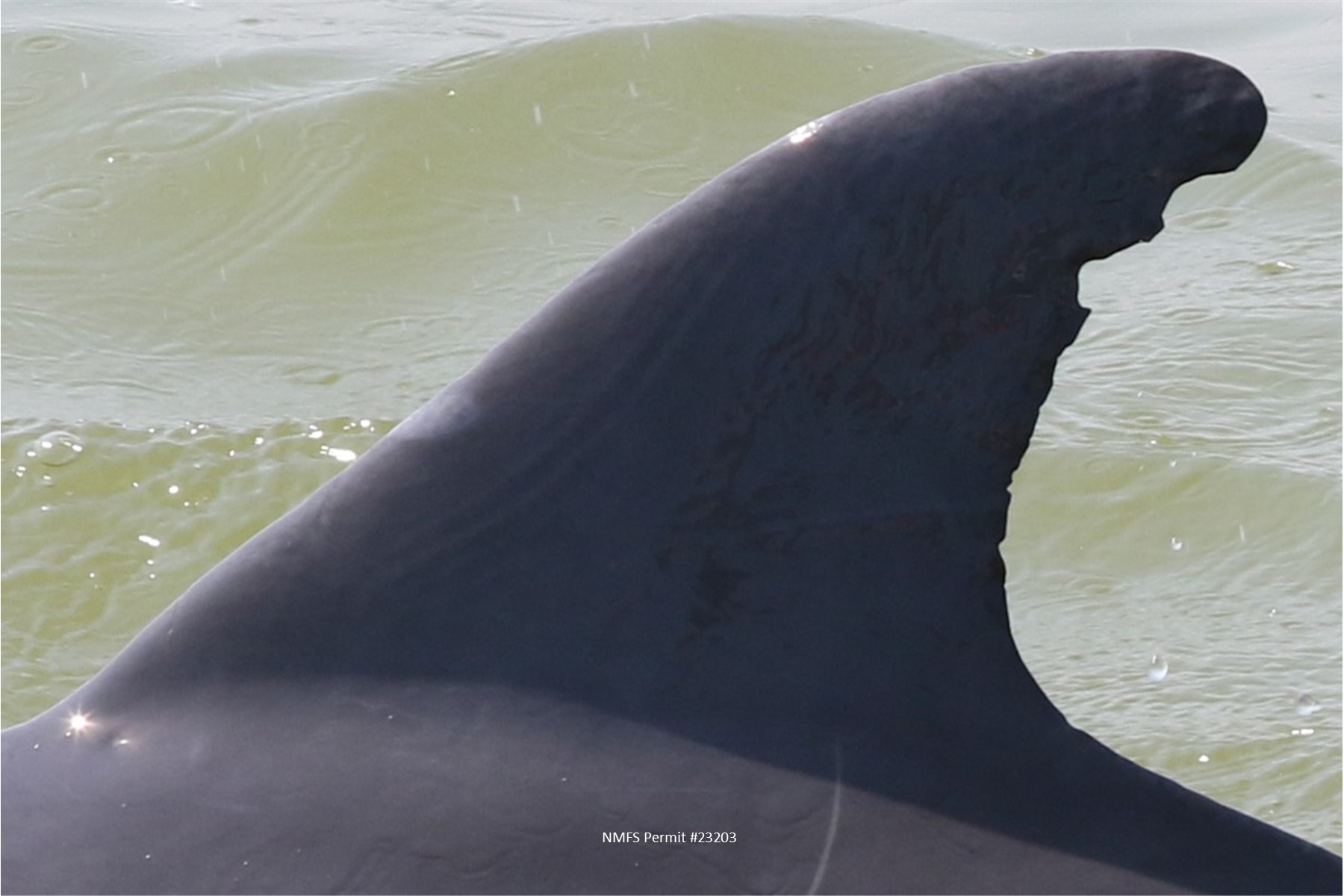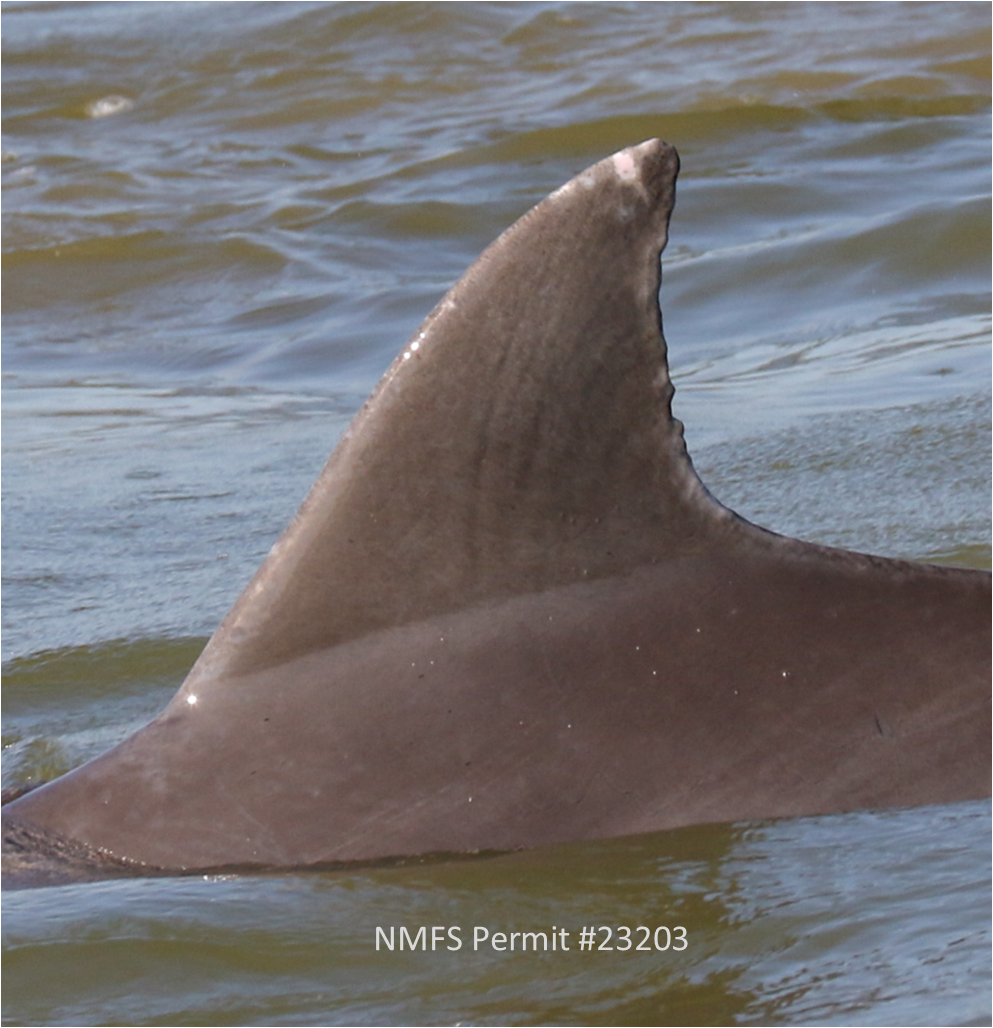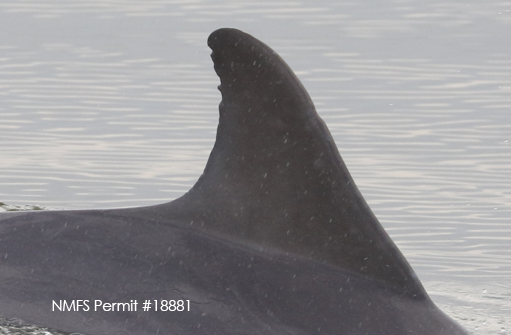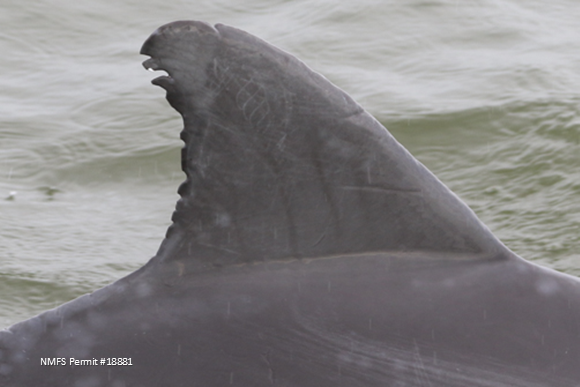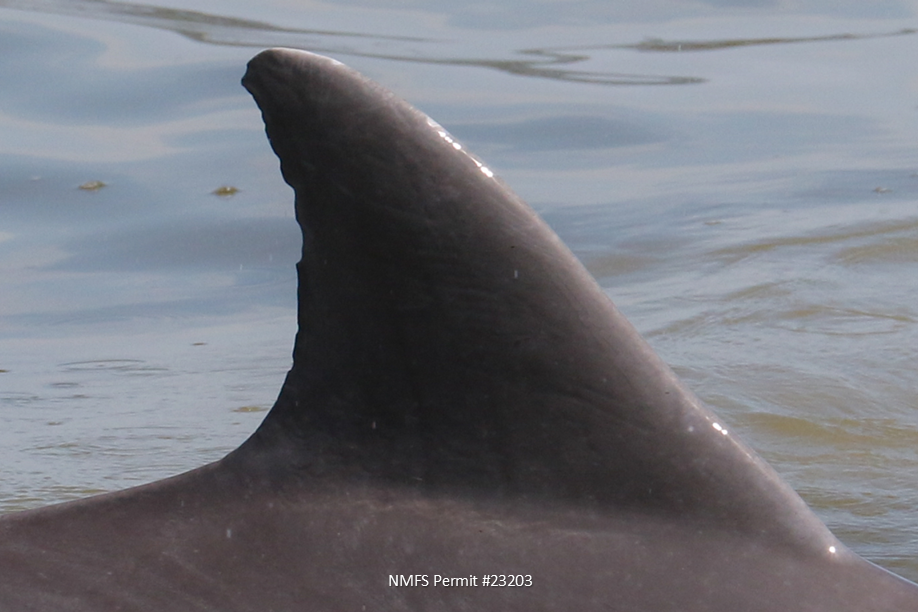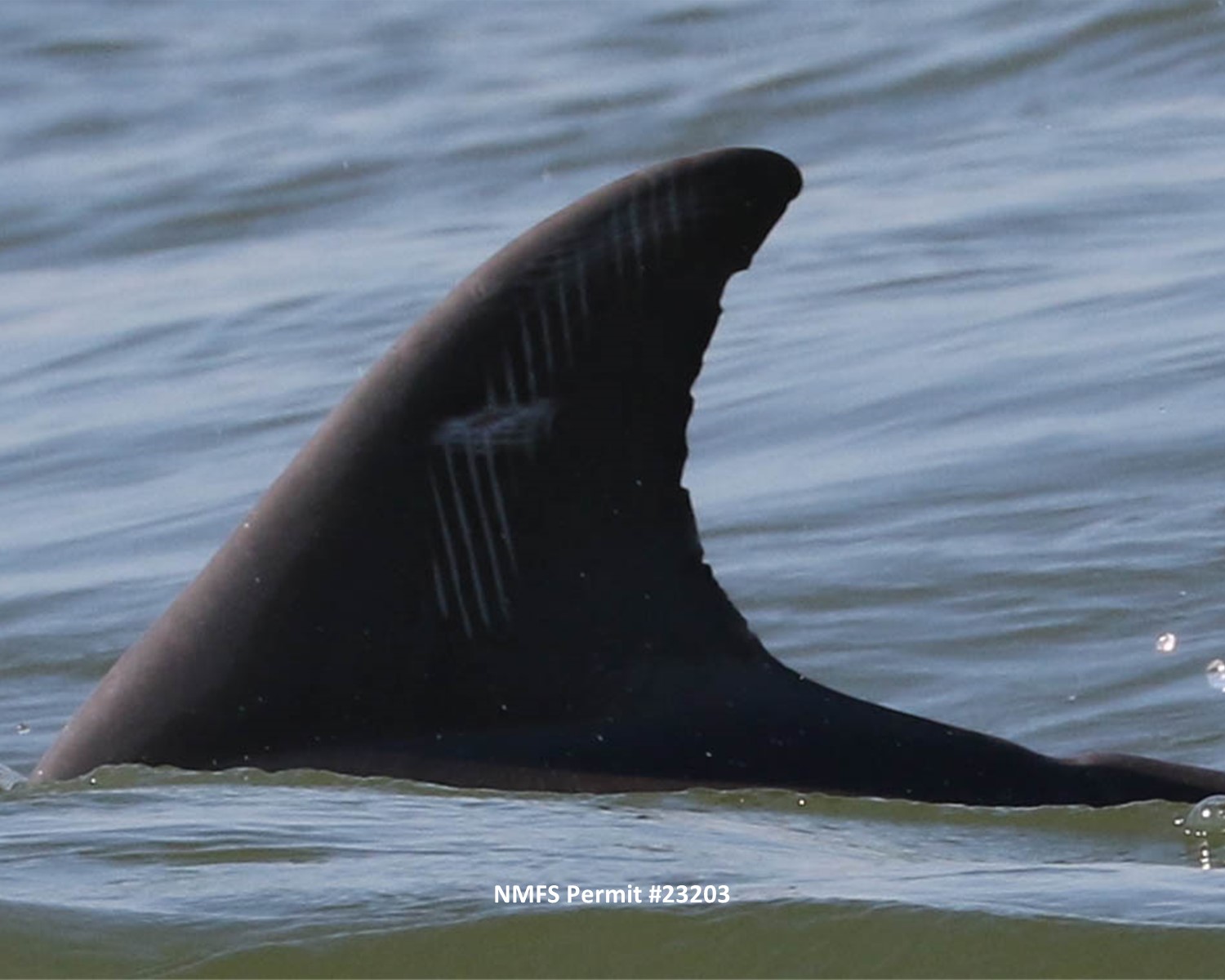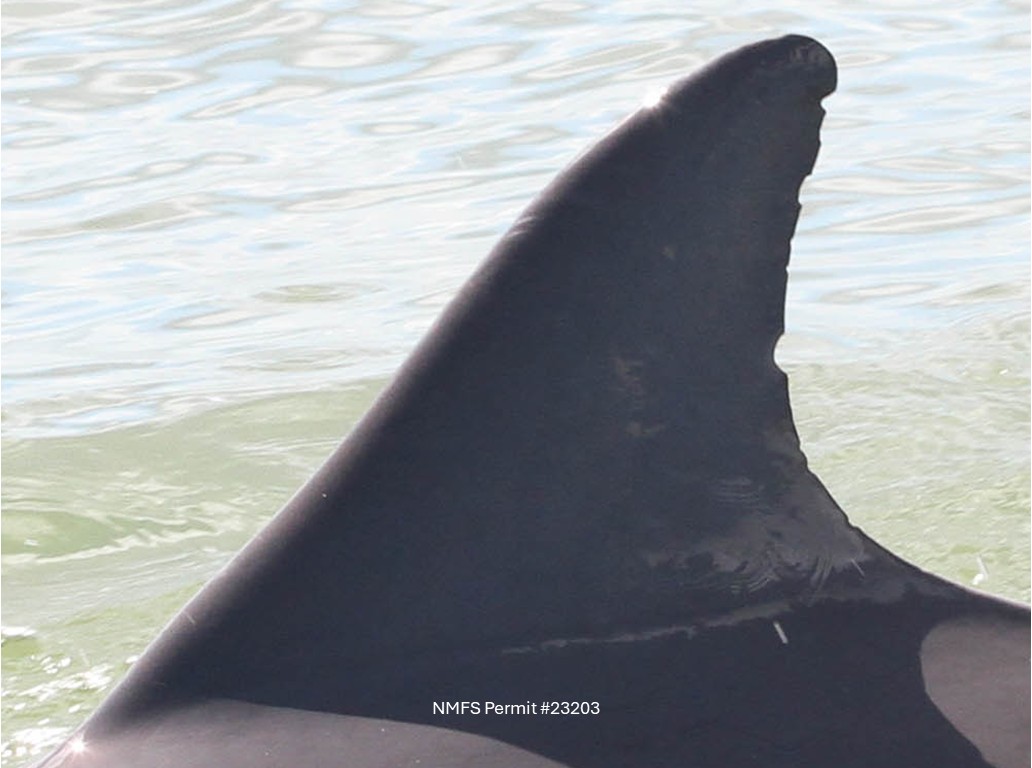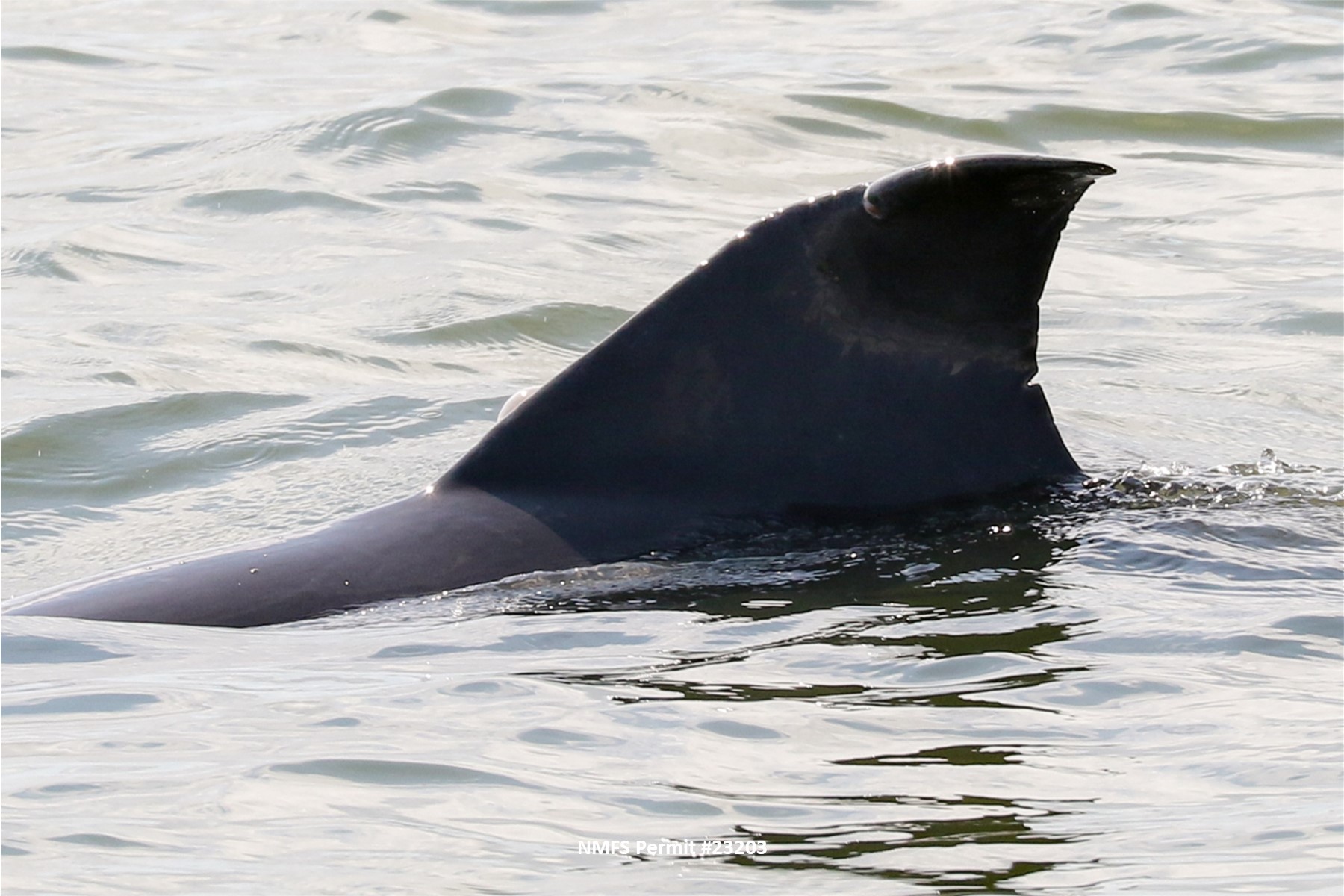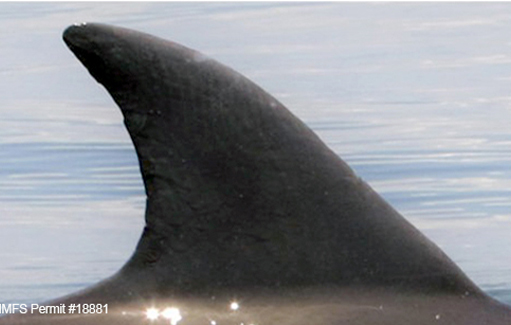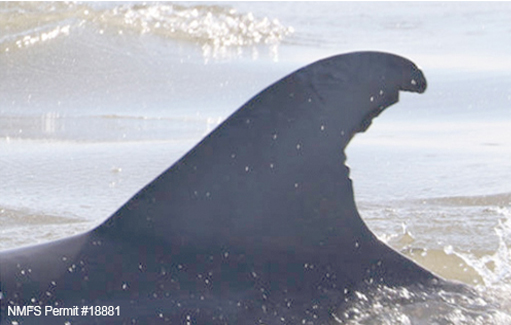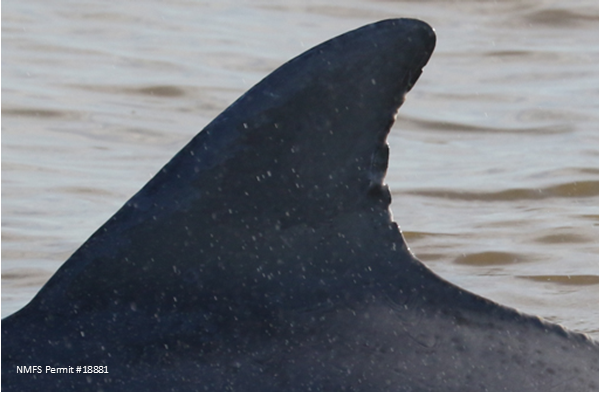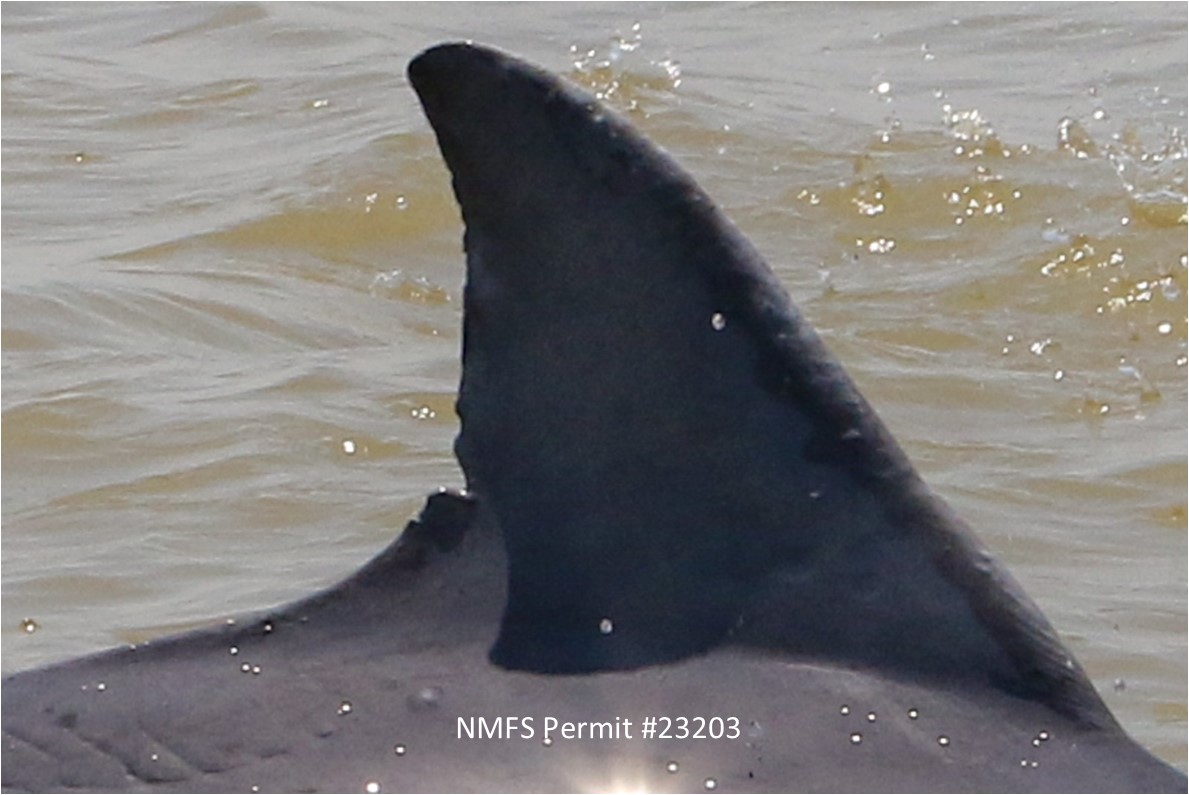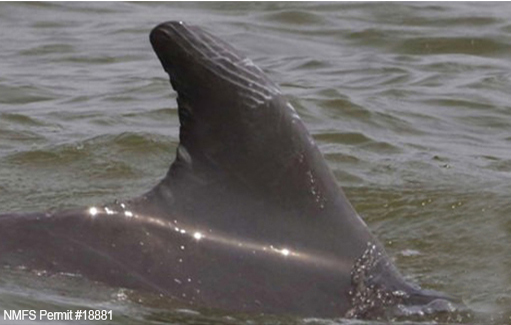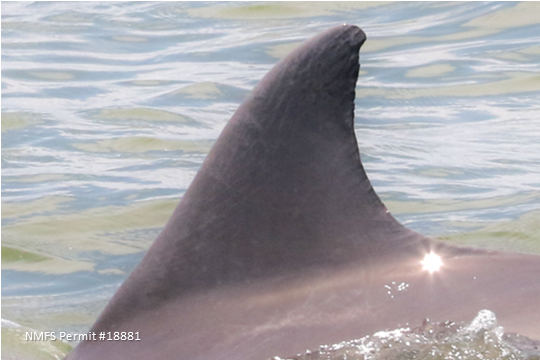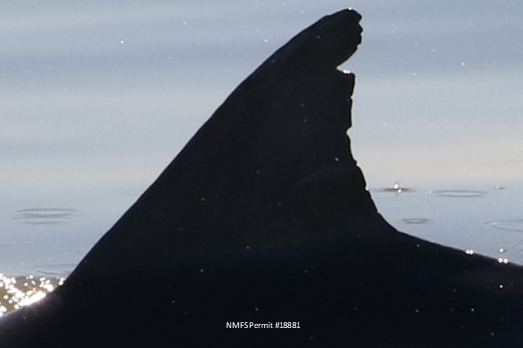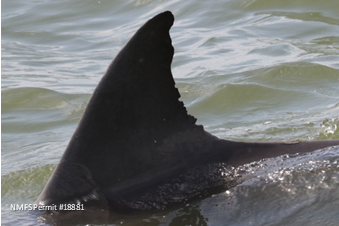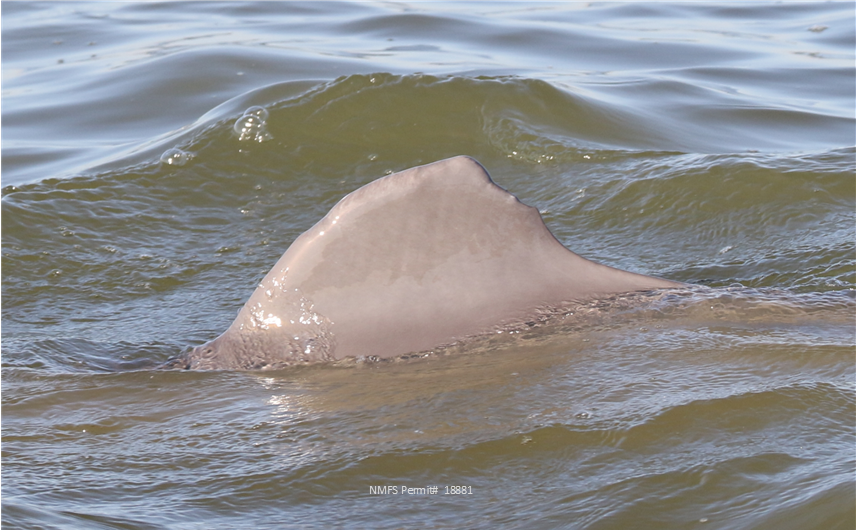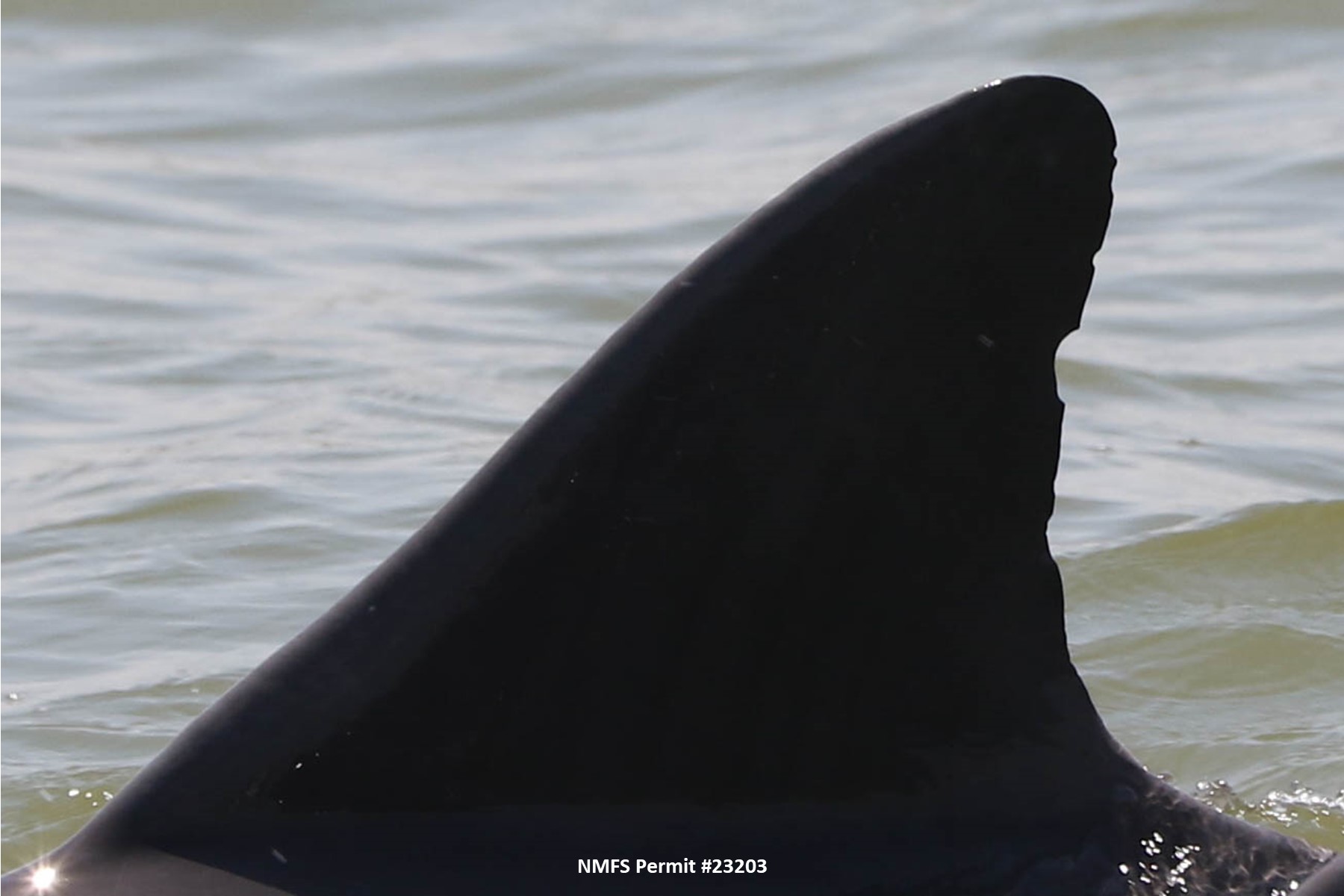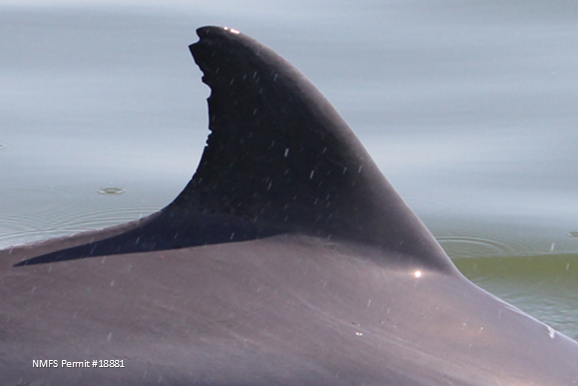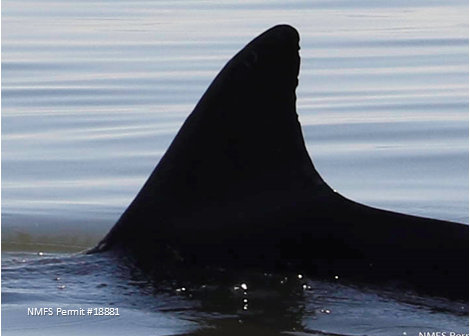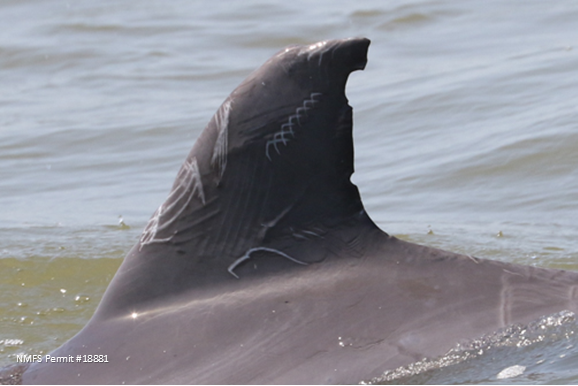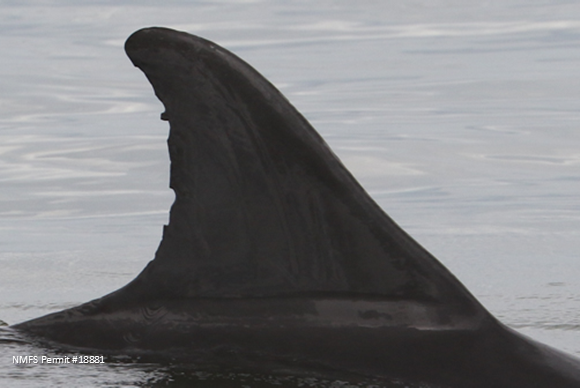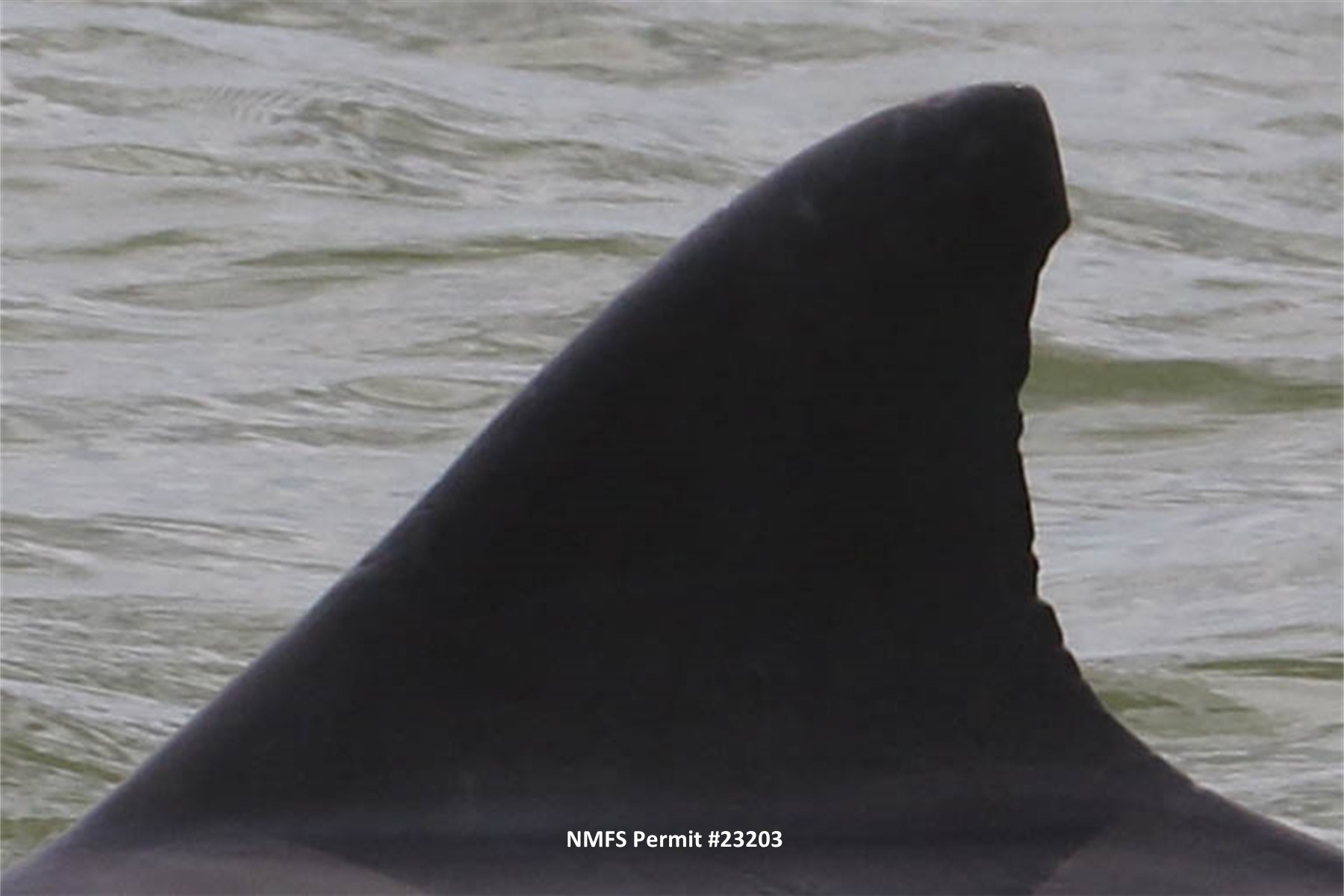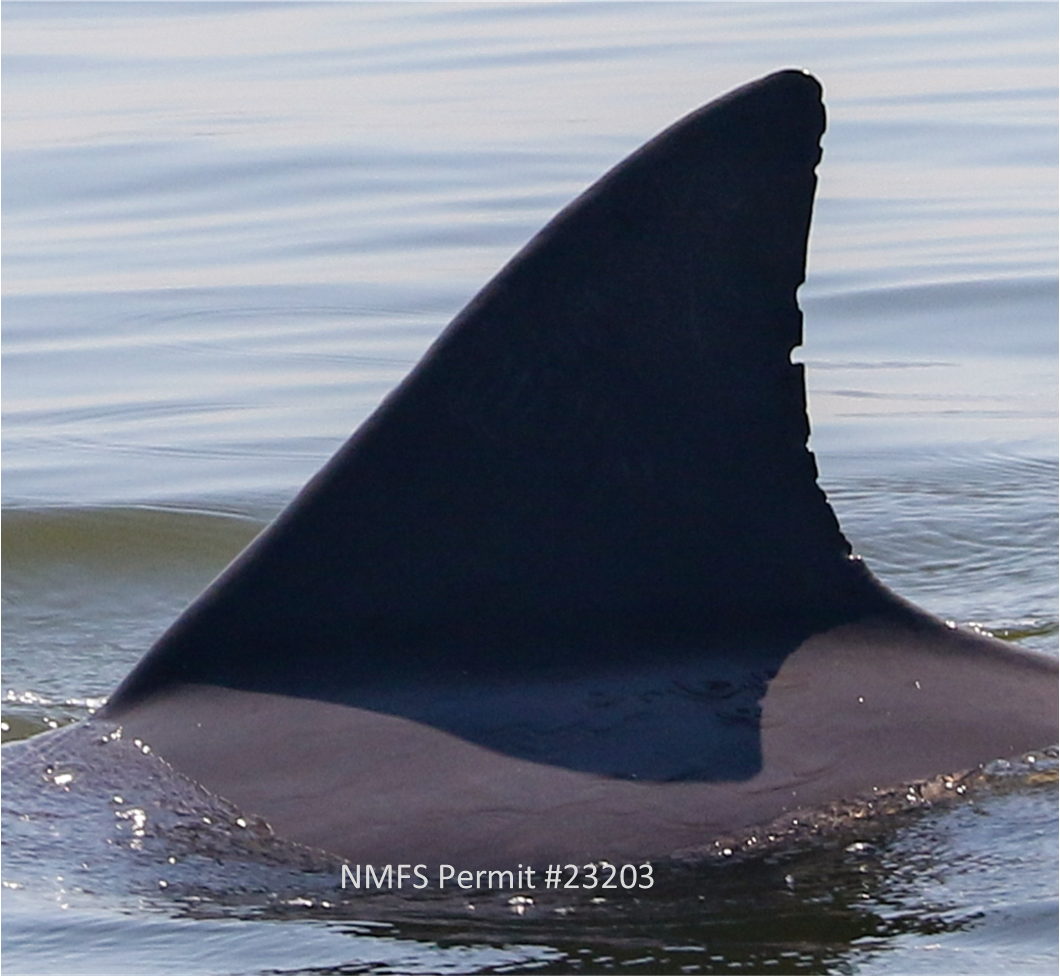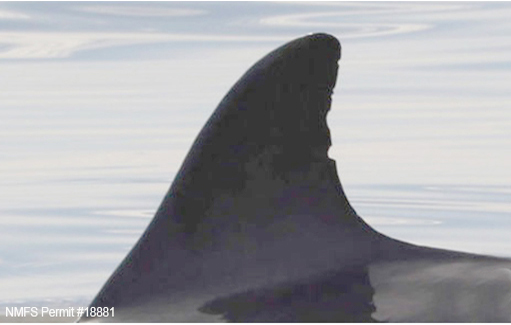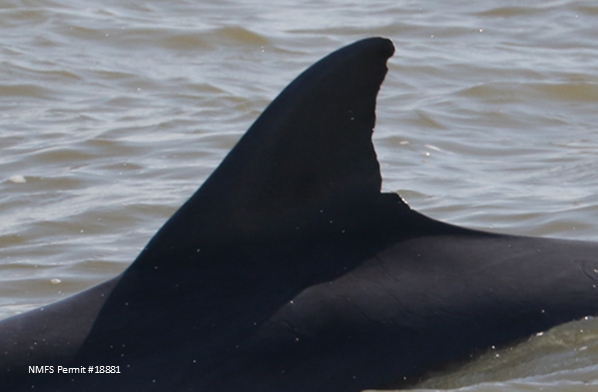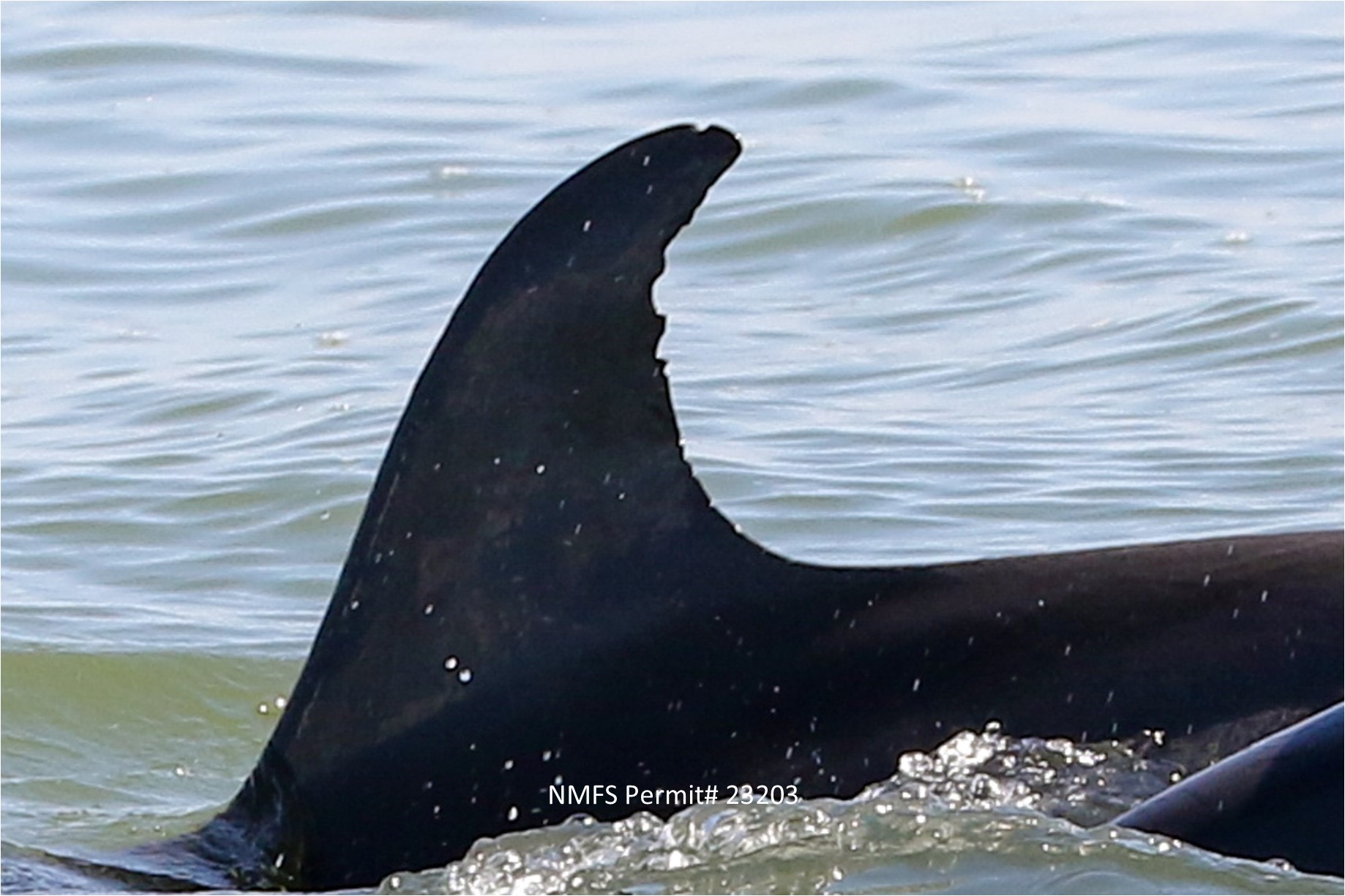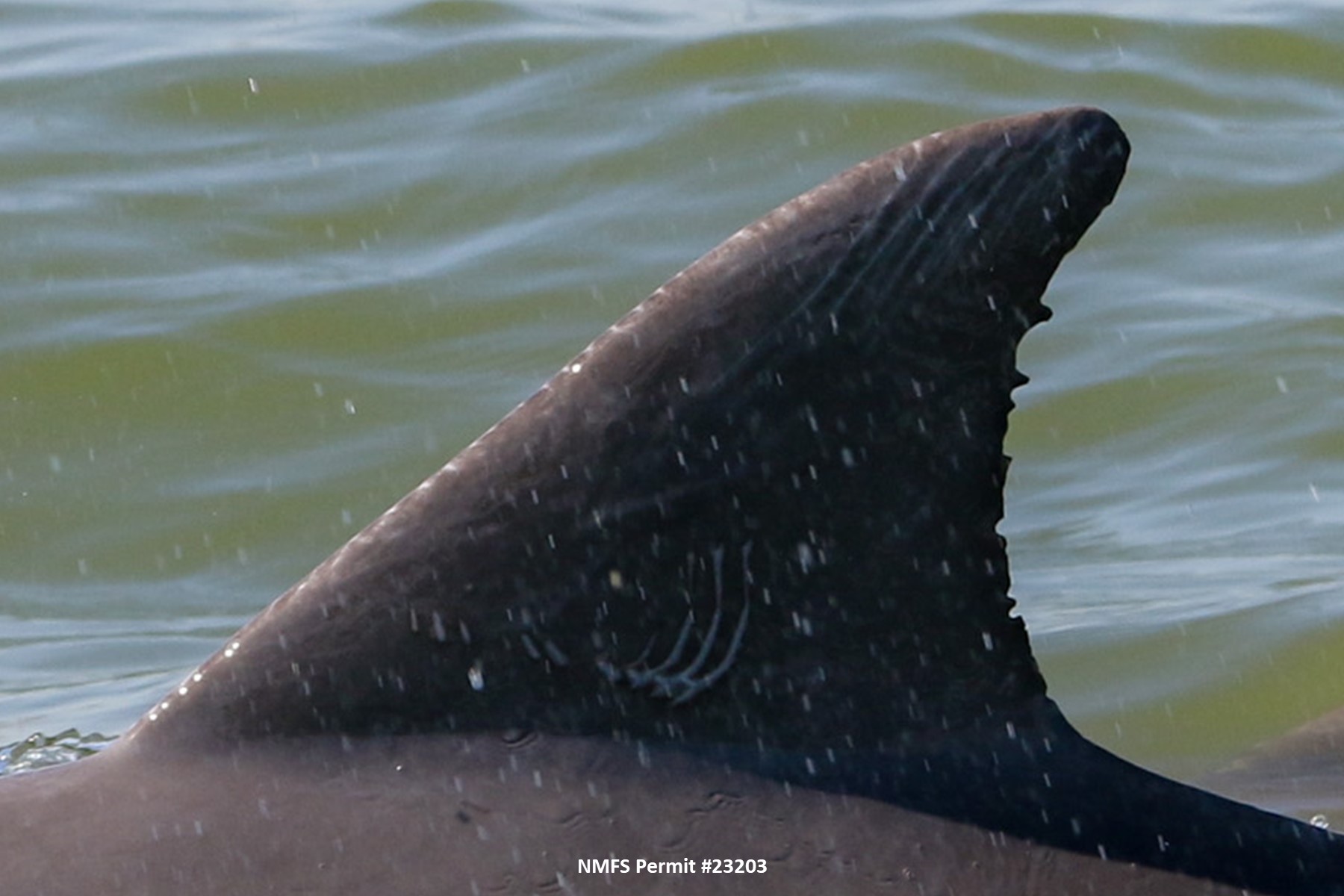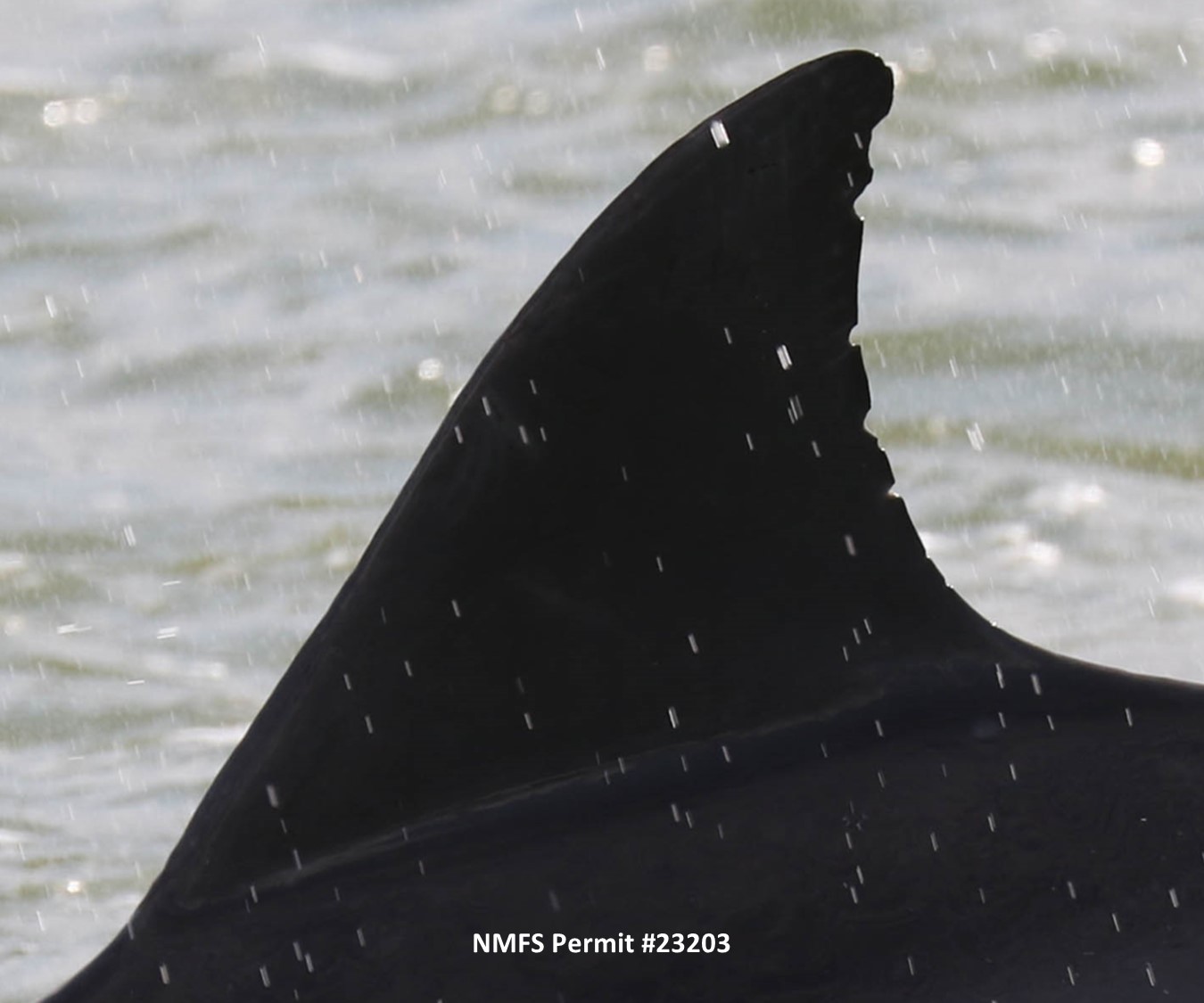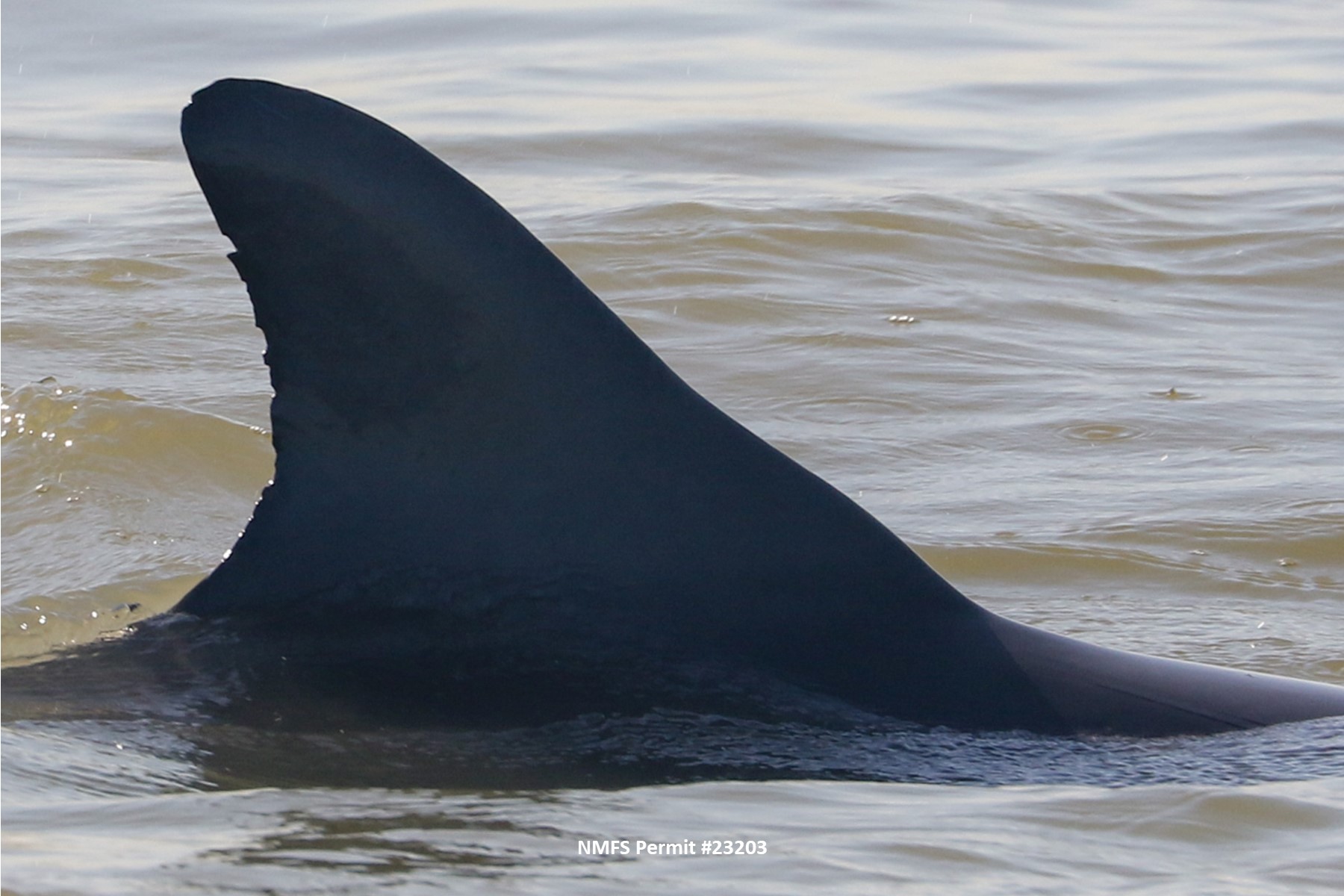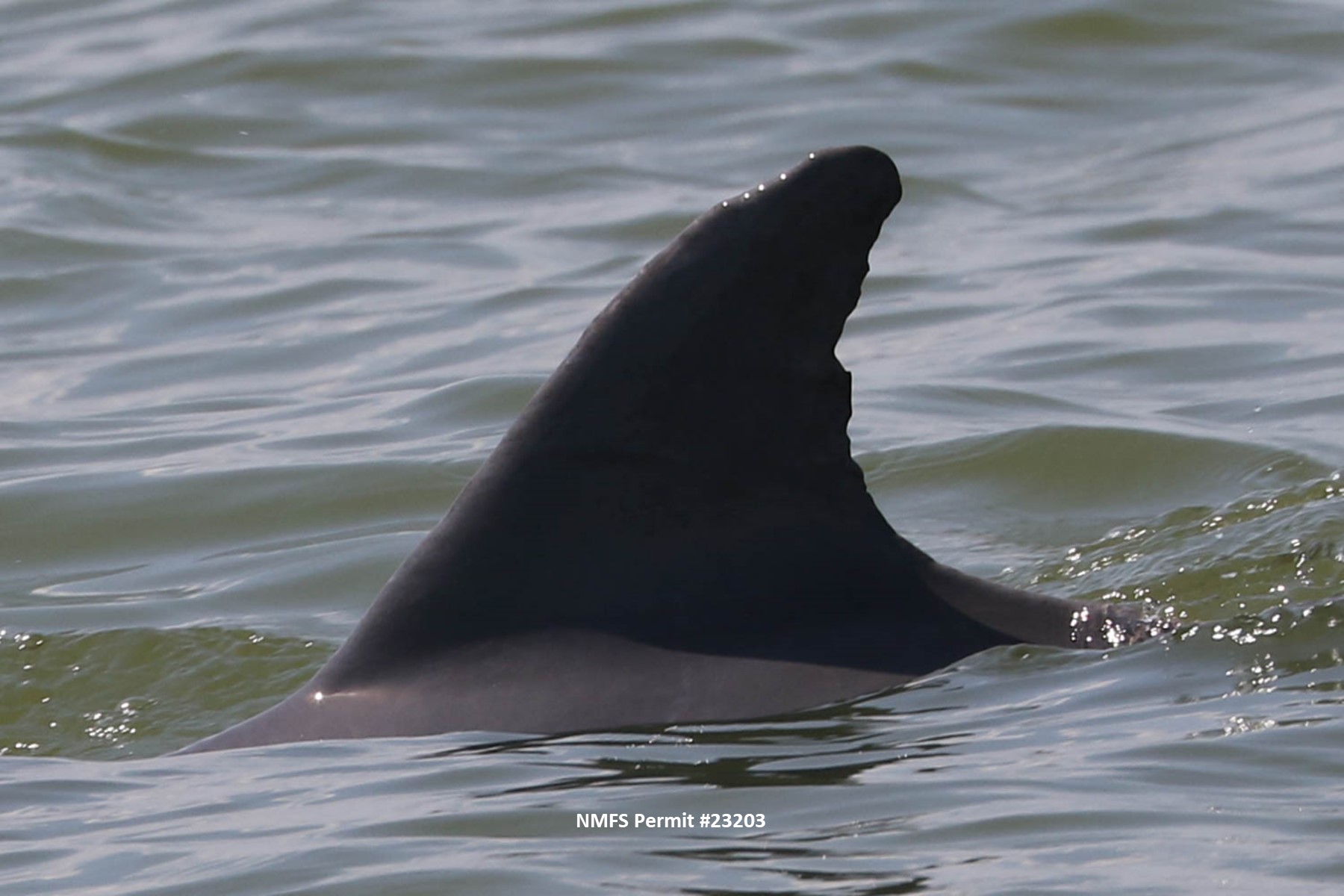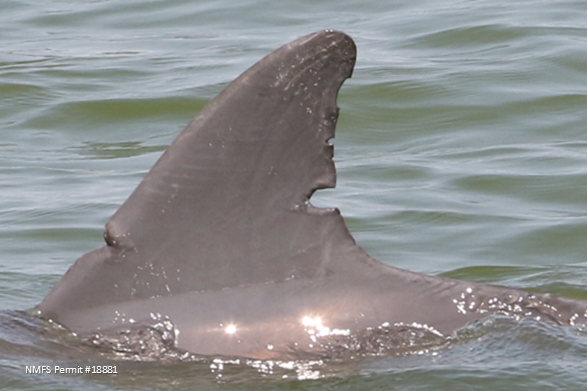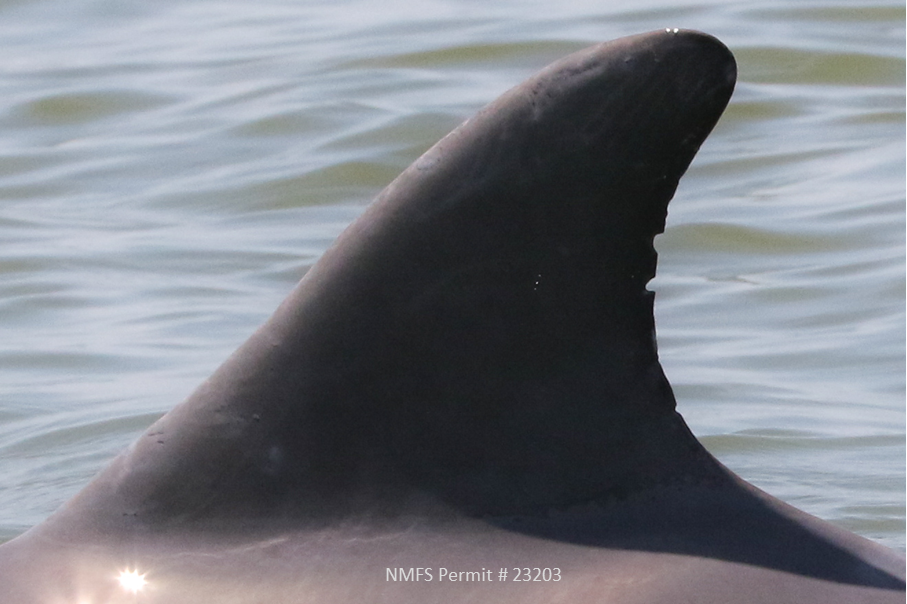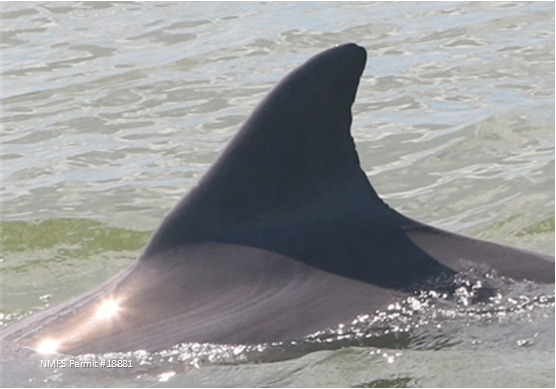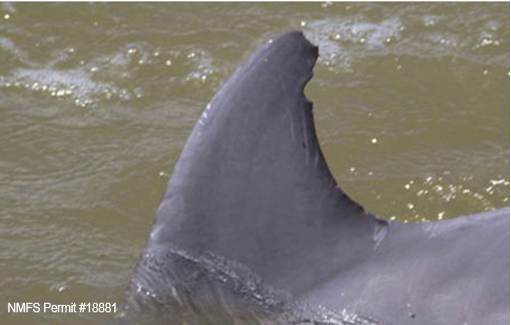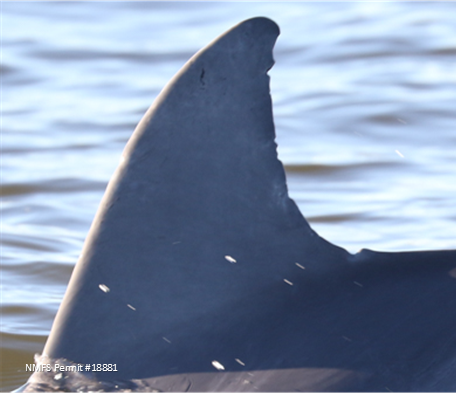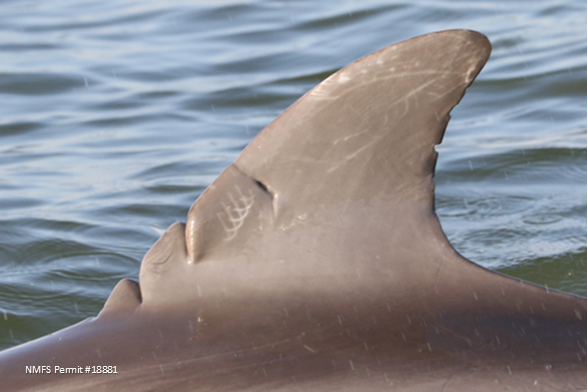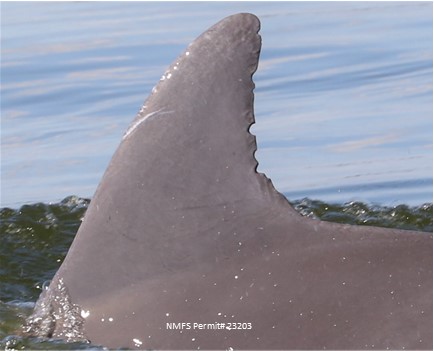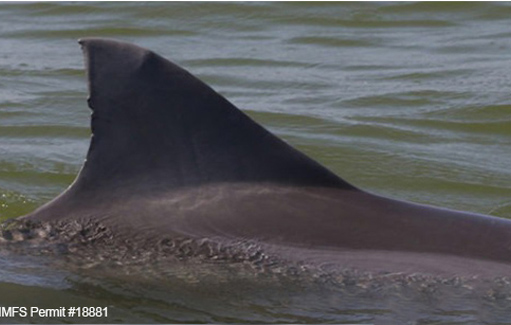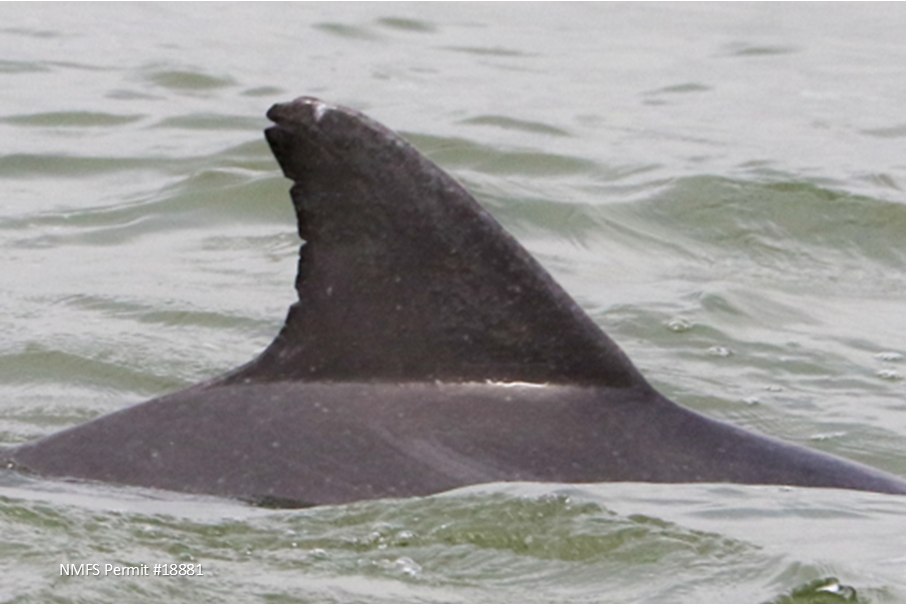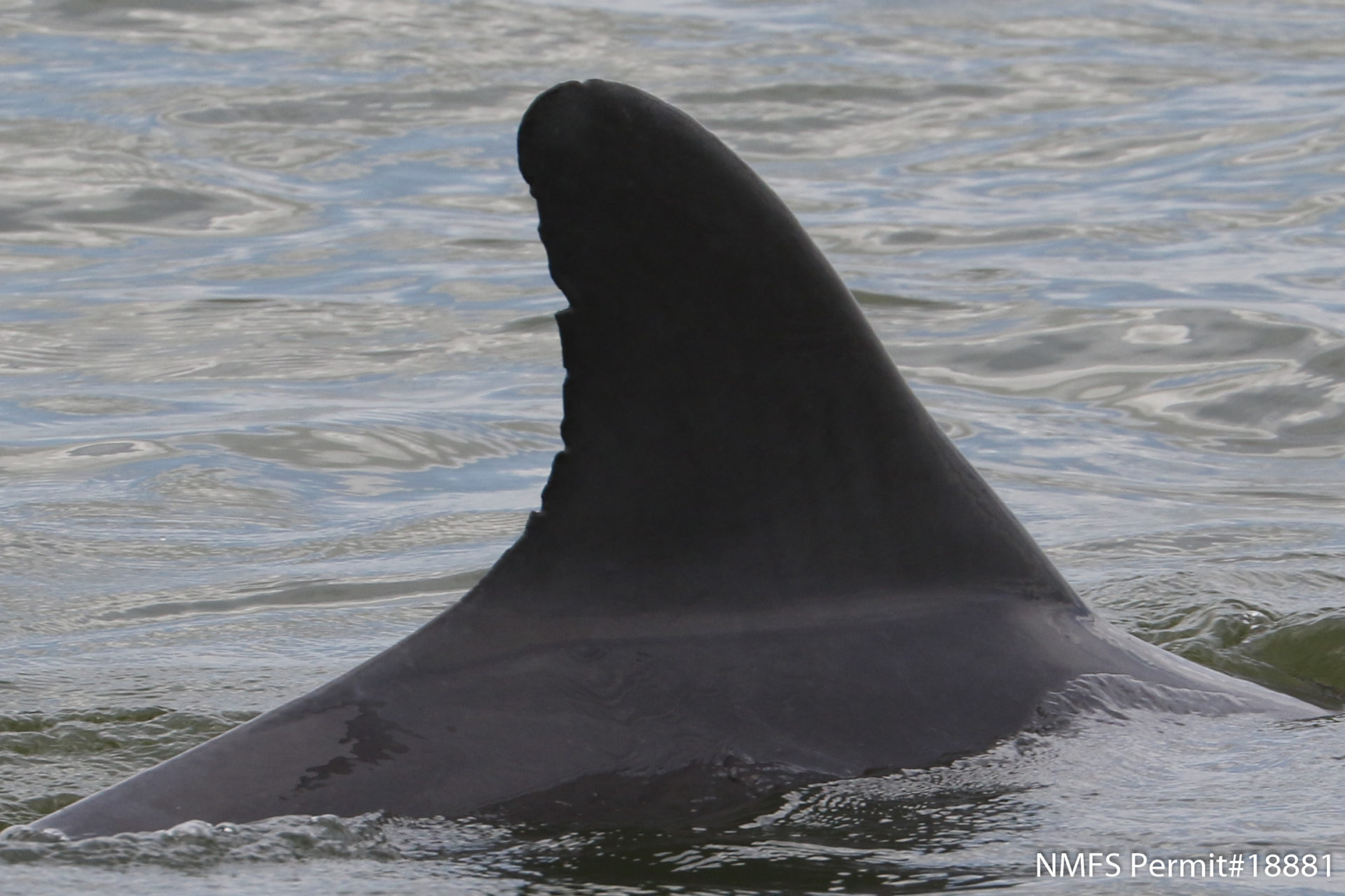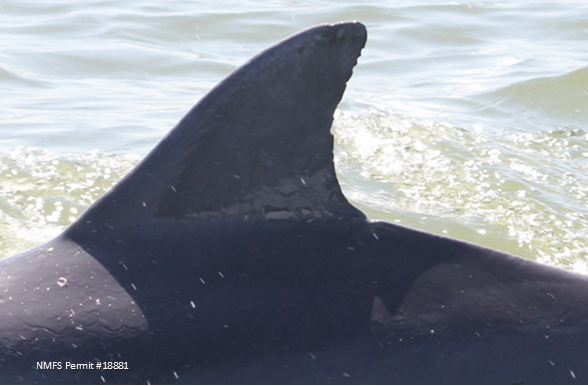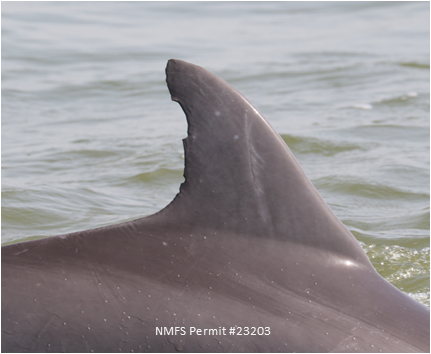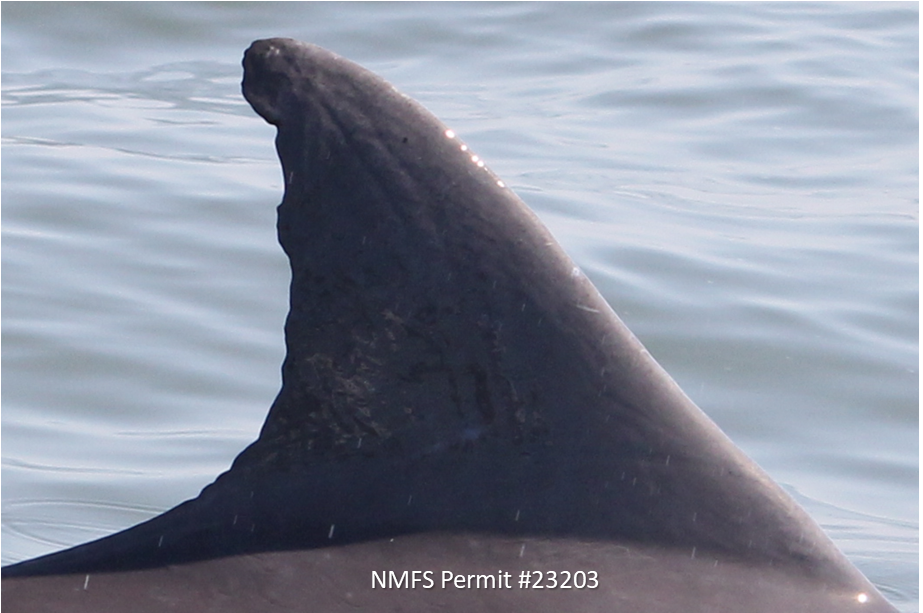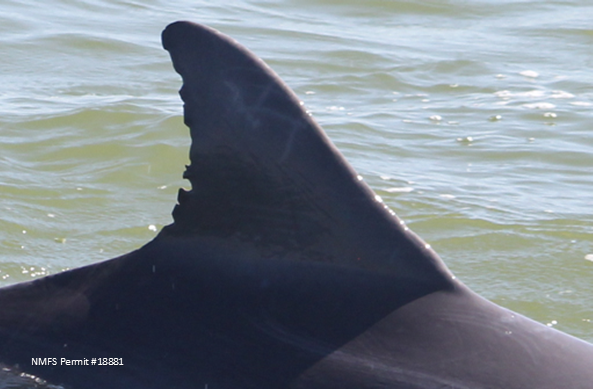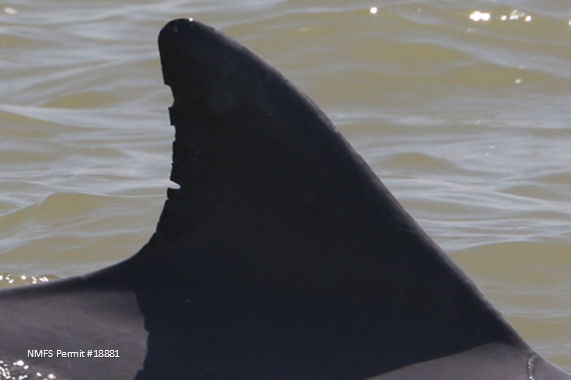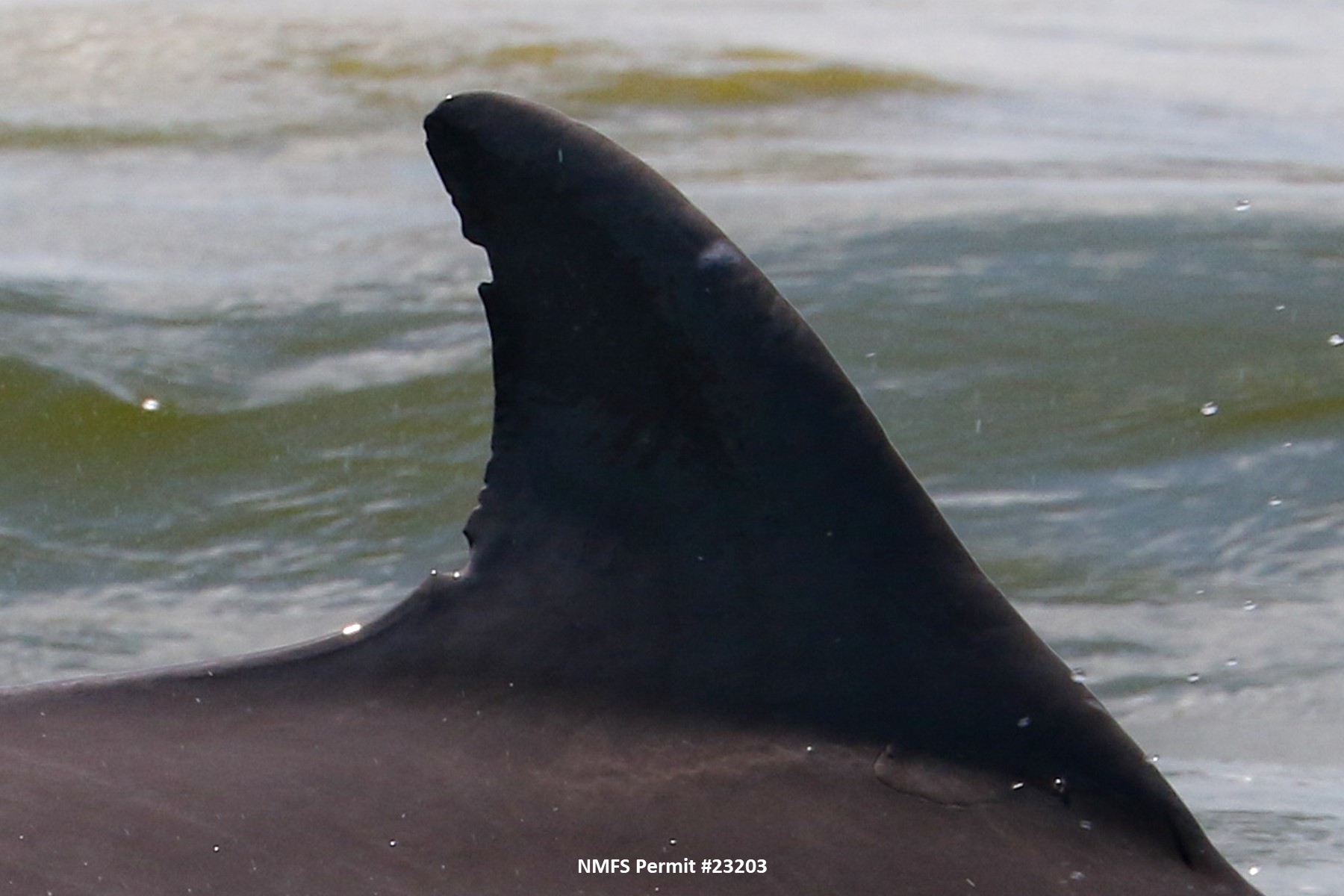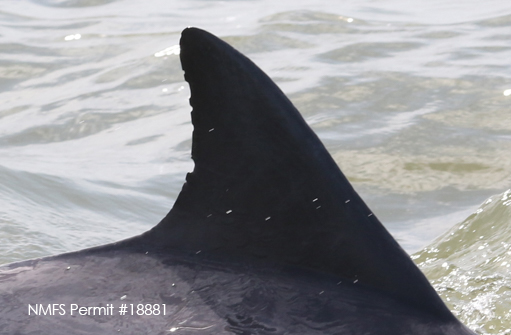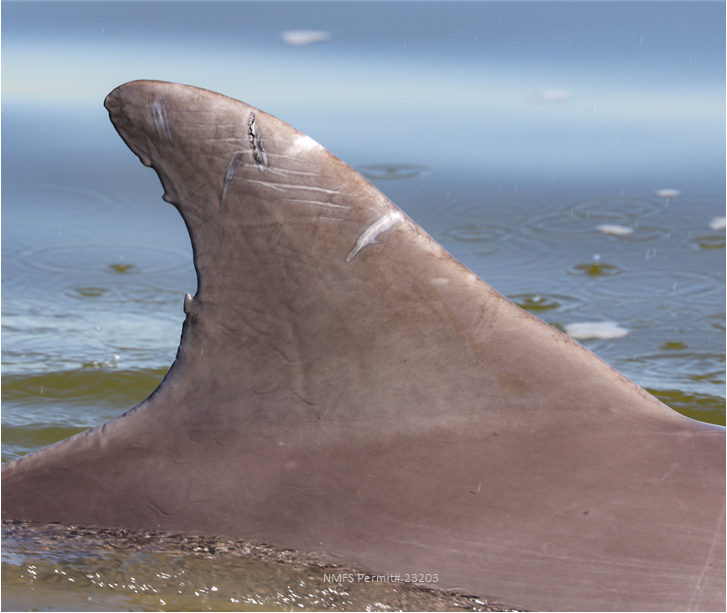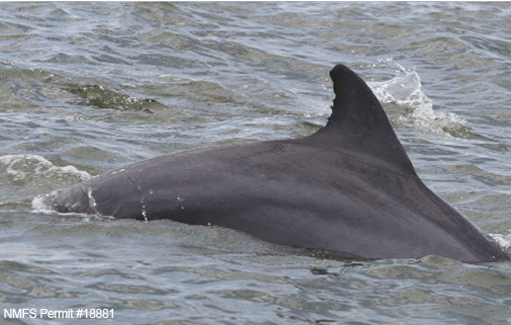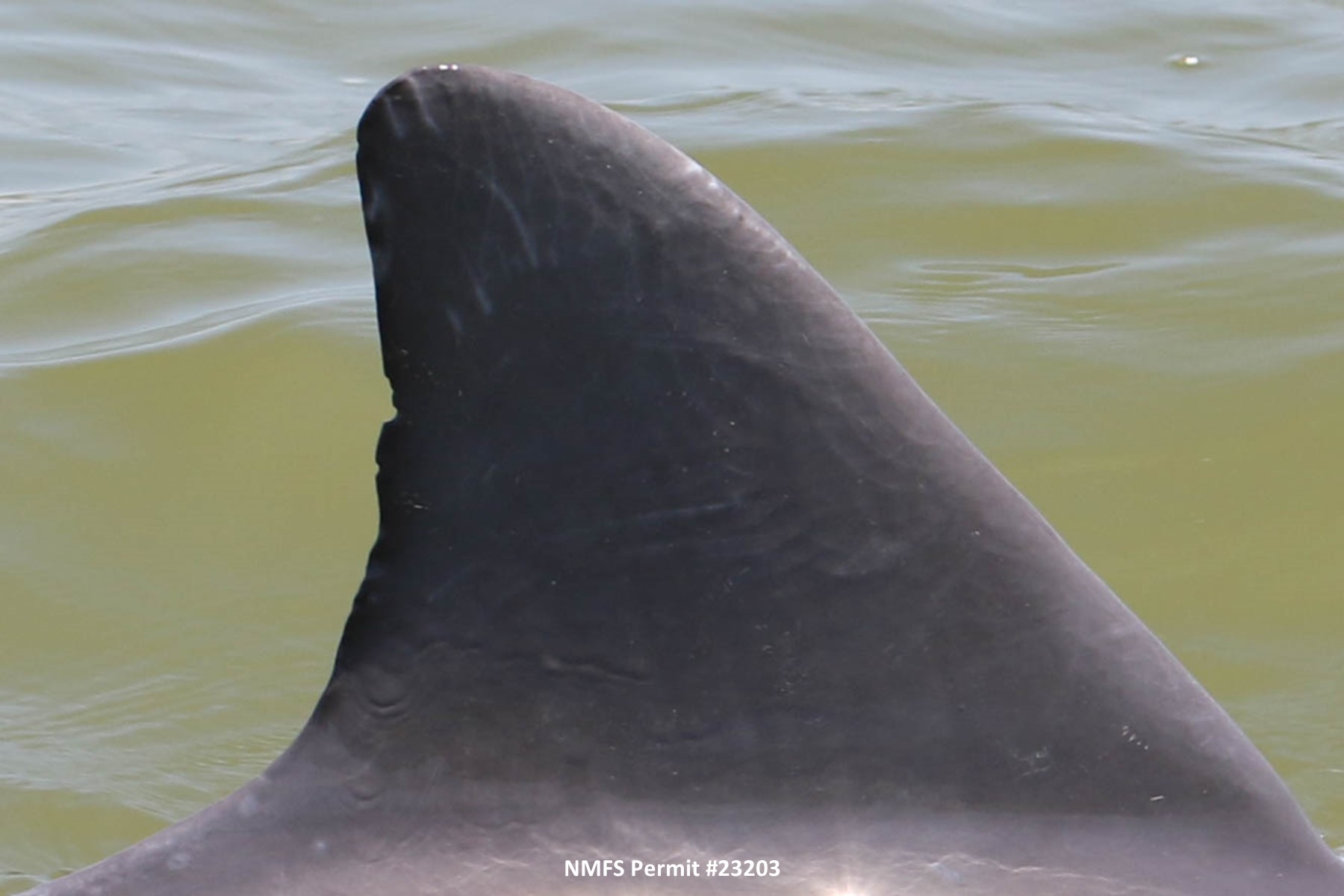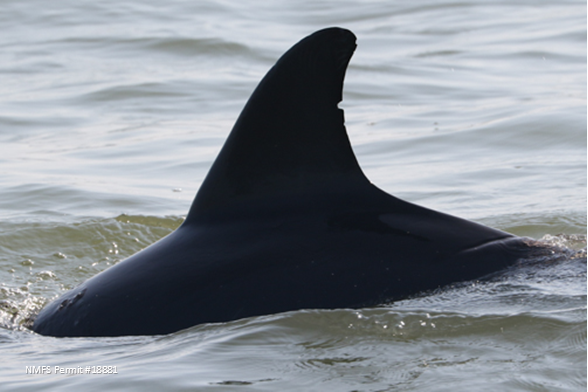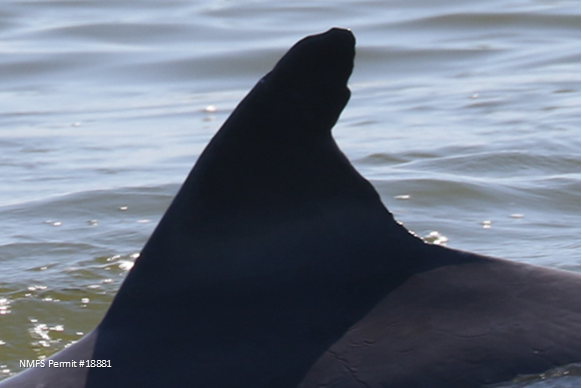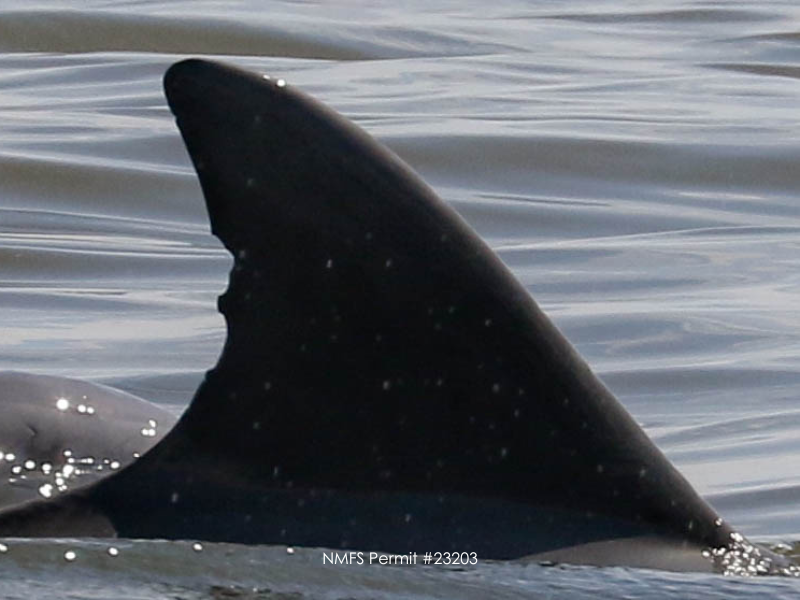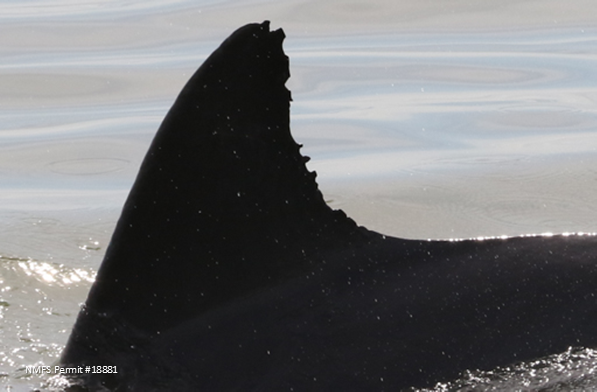The Galveston Bay Dolphin Research Program (GDRP), a partnership between the Galveston Bay Foundation and the Environmental Institute of Houston, aims to better understand the dolphins that live in Galveston Bay. The GDRP studies the ecology, behavior, and health of this population and raises awareness about dolphins through various outreach and education initiatives. You can directly support the GDRP by making a donation to become a member of the Dolphin Society or by adopting or naming a bottlenose dolphin. If you prefer to donate with a check, please make it out to the Galveston Bay Foundation and mail it to the Galveston Bay Dolphin Research Program/Galveston Bay Foundation at 1725 Highway 146, Kemah, TX 77565.
Photographs of your adopted dolphin
Map showing all locations where your dolphin has been sighted
Quarterly updates about our dolphins during the adoption year (photos and sighting maps)
One-year membership in the Dolphin Society
Photographs of your adopted dolphin
Map showing all locations where your dolphins has been sighted
Call with Director of Dolphin Research and Conservation Dr. Vanessa Mintzer to learn about dolphin research and your dolphin
Quarterly updates about our dolphins during the adoption year (photos and sighting maps)
One-year membership in the Dolphin Society
Photographs of your adopted dolphin
Map showing all locations where your dolphin has been sighted
Call with Director of Dolphin Research and Conservation Dr. Vanessa Mintzer to learn about dolphin research and your dolphin
Quarterly updates about our dolphins during the adoption year (photos and sighting maps)
One-year membership in the Dolphin Society
Recognition on our webpage and program newsletter of your naming
Opportunity to name the dolphin and naming certificate
As a member of the Dolphin Society, you will receive the latest news about our research and dolphins. On top of making a unique gift, Society membership and our adoption kits are a great way to raise awareness of wildlife conservation issues in Galveston Bay. All adoption kit materials are delivered electronically (formatted for printing). Each dolphin may be adopted by more than one person but is named only once. If you have previously adopted a dolphin that is not currently available for adoption but you would like to renew the adoption of your original dolphin, please contact us. Typically, please allow up to two weeks to receive your adoption/naming kit or contact Mary McElligott at mmcelligott@galvbay.org for special requests.
